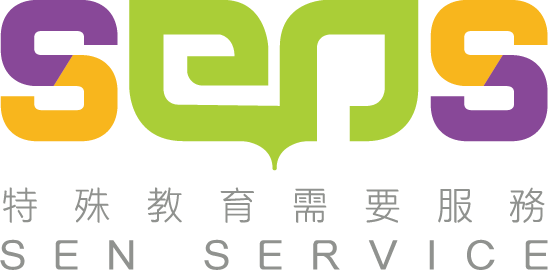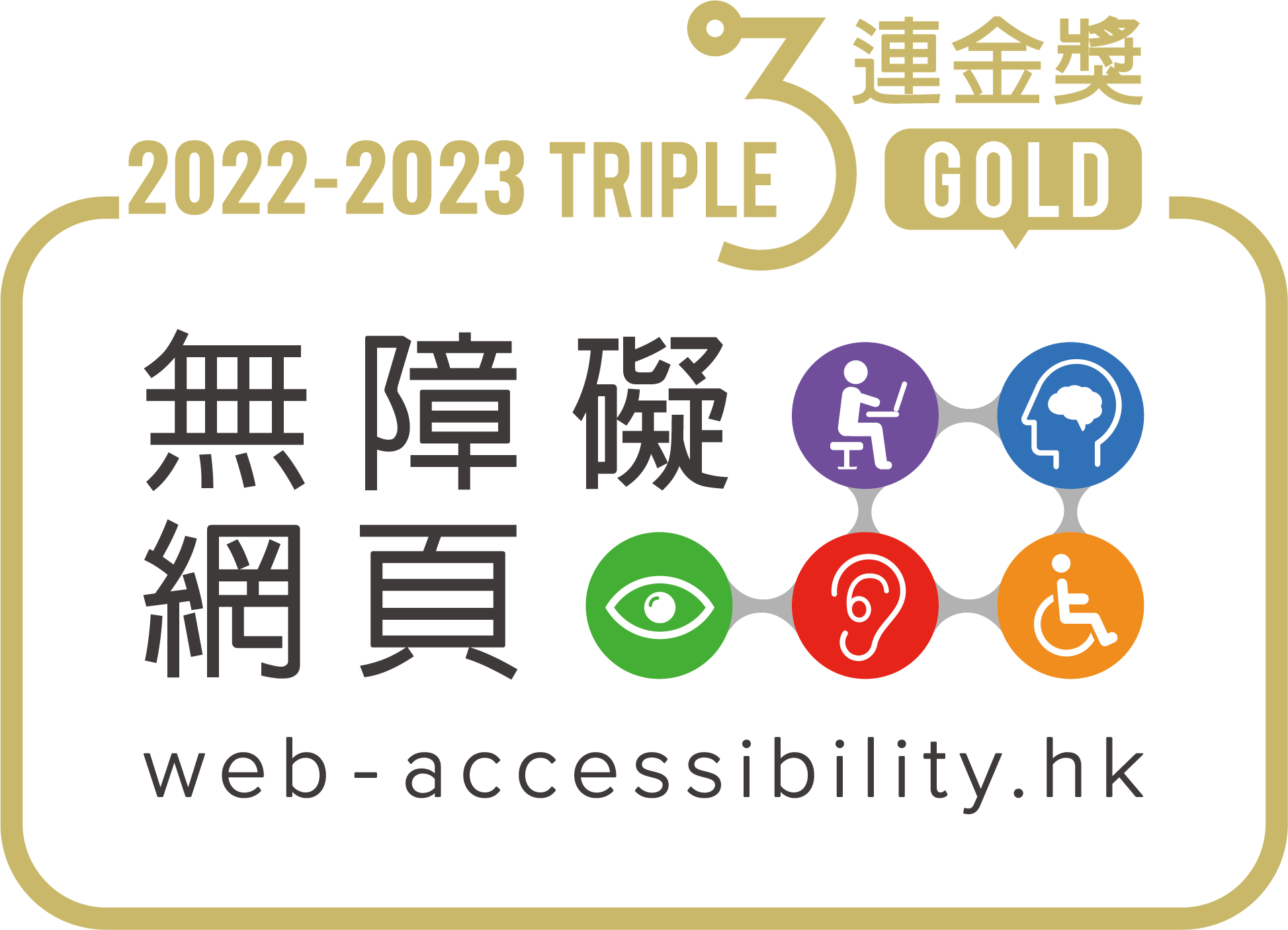Physical disability refers to impairment in a person’s body structure or function that is caused by temporary, intermittent, or permanent conditions at muscles, bones and/or nervous system. The nature and severity of physical disability may have different impacts on one’s physical activity, mobility, and learning, some of which are listed below.
- Students with any physical disability may commonly experience fatigue, thus affecting their efficiency in studying.
- Students with a mobility impairment may need more time to commute between teaching venues, thus leading to lateness for classes.
- Students with a mobility impairment may need special furniture and/or equipment (e.g. height-adjustable table); in particular, students with back problems may prefer to stand from time-to-time during lectures.
- Students with functional difficulties (e.g. inability to write with a pen, reduced writing speed, involuntary head movements which affect reading ability, difficulty using standard computers) may need special equipment or arrangements to facilitate their learning.
Useful Tips for Supporting Students with Physical Disability
• Inclusive Teaching:
1. Provide lecture materials prior to class to facilitate students’ preparation for class
2. Permit audio/video recordings of lectures to facilitate students’ revision/learning after class
3. Recap any important information given at the beginning of the class, in case students with physical disability are late as a result of the distance between teaching venues
4. Provide allowance for class attendance if needed
5. Consider supplementary videos or materials as alternative options to field trips, if applicable
6. Provide reading lists and/or information about individual and group assignments as early as possible, if any of these involve locating and using resources in libraries or off campus
7. Discuss special learning and/or exam arrangements privately with students concerned
8. Acknowledge and show respect for diversity in learning needs
• Assignment & Assessment:
1. Consider alternative assessment modes, especially for those with functional difficulties
2. Consider extensions in assignment deadlines
3. Consider extra time and supervised breaks in quizzes/tests/exams if necessary
4. Permit the use of a computer/laptop in quizzes/tests/exams
5. Arrange a separate and easily accessible venue for quizzes/tests/exams to minimize distractions and stress
Reference




